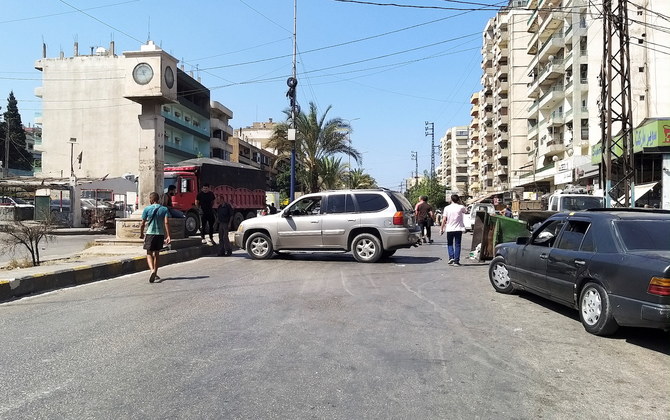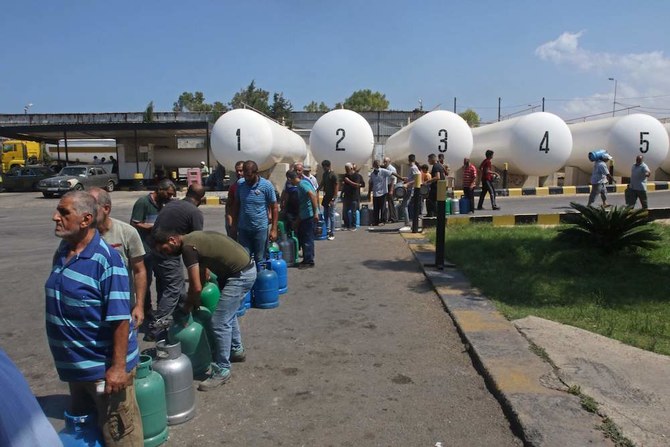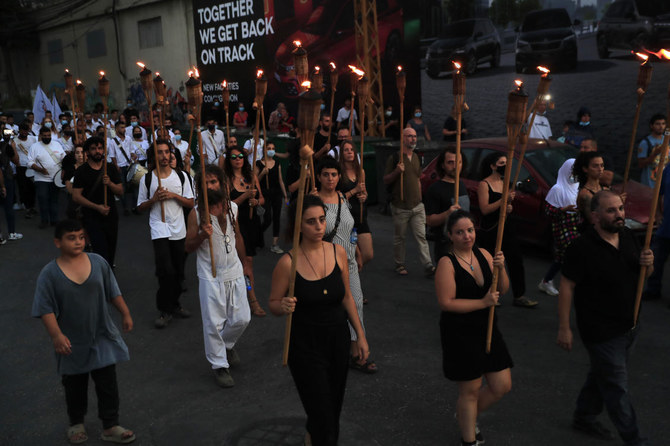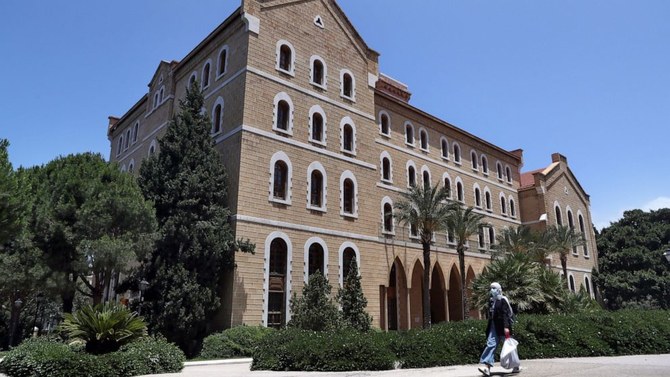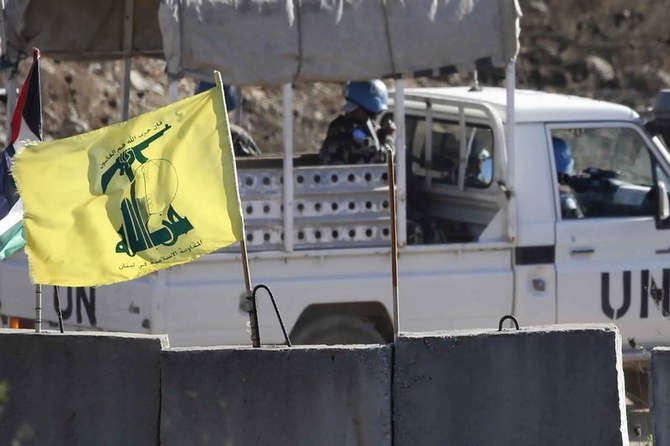
By courtney Mares — ncregister.com — BEIRUT, LEBANON — The leader of the Maronite Catholic Church received threats from Hezbollah supporters this week after calling for an end to missile launches from Lebanese territory. Bechara Boutros Cardinal Rai had called for peace, saying that Lebanon should remain neutral in regional conflicts in his Aug. 8 homily, two days after Hezbollah fired 19 rockets into Israel from southern Lebanon. Hezbollah is a Shiite Muslim political and militant group designated a terrorist organization by the U.S. government. The group has strong alliances with Bashar al-Assad’s regime in Syria, and with Iran in its conflicts with Sunni-majority Gulf states. Without mentioning Hezbollah by name, the Maronite Patriarch of Antioch said that it was unacceptable for “a party to make decisions on war” without the quorum of two thirds required by the country’s constitution. “We call upon the Lebanese army … to prevent the launching of missiles from Lebanese territory, not for the sake of Israel’s safety, but rather for the safety of Lebanon,” Cardinal Rai said.
Supporters of Hezbollah responded by threatening the cardinal’s life with social media posts that pictured Cardinal Rai with a noose around his neck. In a Facebook post, a person from Beirut’s south suburbs wrote in Arabic: “You don’t think we know how to hang?“ and “An eye for an eye, and a tooth for a tooth…Initiator [Patriarch] shall bear the brunt of blame.” In Defence of Christians, a human rights organization that has sources on in Lebanon, told CNA that there have been people in the streets in predominantly Shiite areas calling Cardinal Rai a traitor and Zionist collaborator. Political leaders within Lebanon and abroad sent messages of solidarity to the Maronite patriarch after the public threats.

:quality(70)/cloudfront-eu-central-1.images.arcpublishing.com/thenational/EUABODUY4ABNZ7OBOSEMAK4FOA.jpg)
